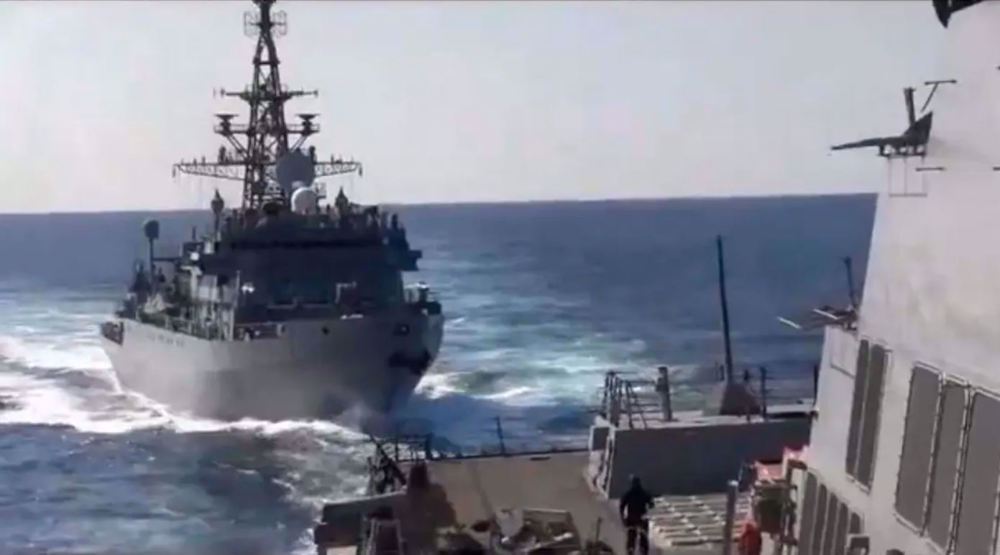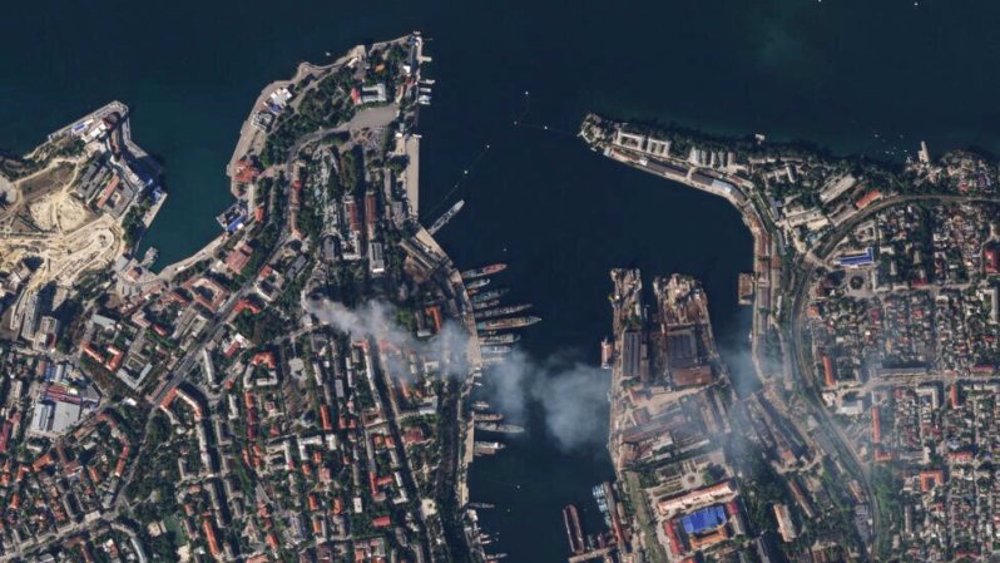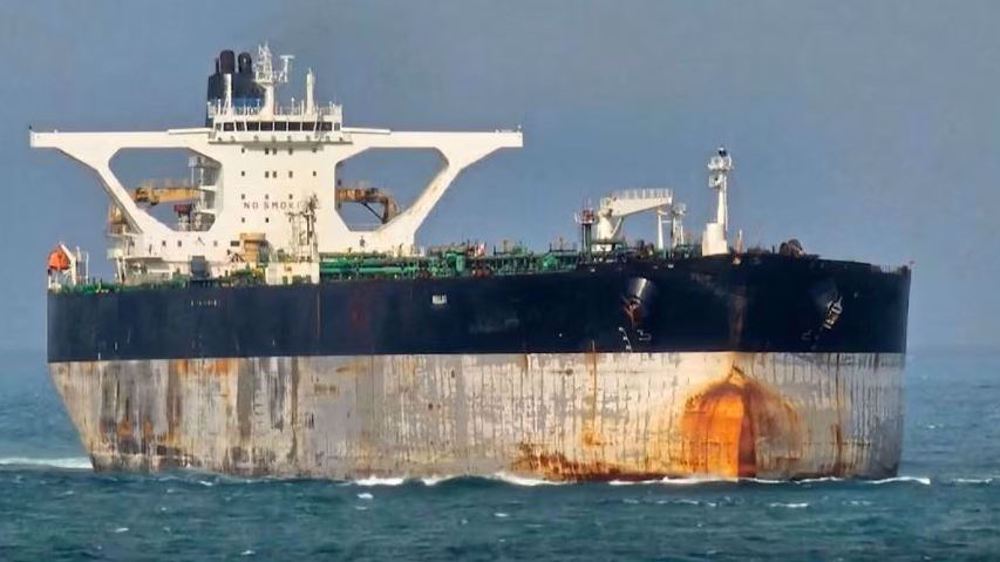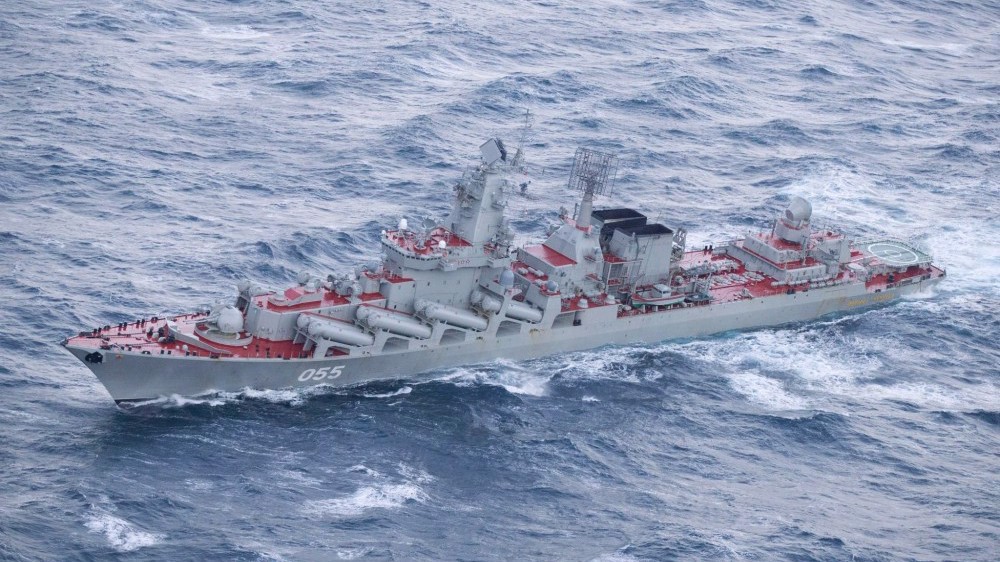Russia’s Northern Fleet conducts drills in East Siberian Sea: Report
Russia’s Northern Fleet, which operates in the Arctic, has conducted naval military exercises in the East Siberian Sea.
Interfax news agency reported on Monday that the Russians used some of their largest destroyers and landing ships in the naval drills aimed to practice countering unmanned mock enemy boats.
“During the exercise in the East Siberian Sea, the crews of the large anti-submarine ship Vice Admiral Kulakov and the large landing ship Alexander Otrakovsky practiced actions to protect a detachment of ships in the event of a threat from the enemy using unmanned boats,” the agency reported, citing a statement by the fleet’s press office.
It was not immediately clear when the exercises took place. However, media reports said last week that Russia’s military exercises of its Northern Fleet were engaging up to 1,800 personnel and 80 units of combat and special military equipment.
“Up to 1,800 people, about 80 units of combat and special equipment, up to 10 aircraft, 15 ships, submarines and support vessels of the Northern Fleet are expected to participate,” the naval force said in its statement.
The exercises, supervised by fleet commander Adm. Alexander Moiseev, are being conducted in the Barents, Kara and East Siberian seas.
The level of training of the command and staff of the fleet’s Arctic Expeditionary Group in solving tasks to ensure Russia’s security amid the threat of aggression and warfare will be assessed.
“Coordination of tactical groups of ships and vessels, units and forces of the fleet will be tested,” the statement said.
The naval exercises take place as Russia has been engaged in a war with Ukraine and its US-led NATO backers since February 2022.
Russia has warned the West against the use of more advanced weapons and flooding Kiev with arms and munitions, saying it will only prolong the conflict.
Meanwhile, US broadcaster NBC News reported recently that President Joe Biden has informed his Ukrainian counterpart, Volodymyr Zelensky, that Washington will provide Kiev with ATACMS missiles, with a range of up to 300 kilometers.
“There will be more drones, more attacks, and fewer Russian ships. That’s for sure,” Ukrainian Vice Prime Minister and Minister of Digital Transformation, Mykhailo Fedorov, said in an interview with Reuters earlier this month.
VIDEO | Press TV's news headlines
Hamas: Israel escalating ceasefire violations in Gaza
Venezuela's government declares unwavering unity behind Maduro
VIDEO | Global outcry over Venezuela president abduction
Iran keeps wheat import subsidies despite cutting other food supports
Venezuelan military stands with acting president after US kidnapping of Maduro
VIDEO | Press TV's news headlines
VIDEO | Protesters in Toronto slam US kidnapping of Venezuelan president












 This makes it easy to access the Press TV website
This makes it easy to access the Press TV website